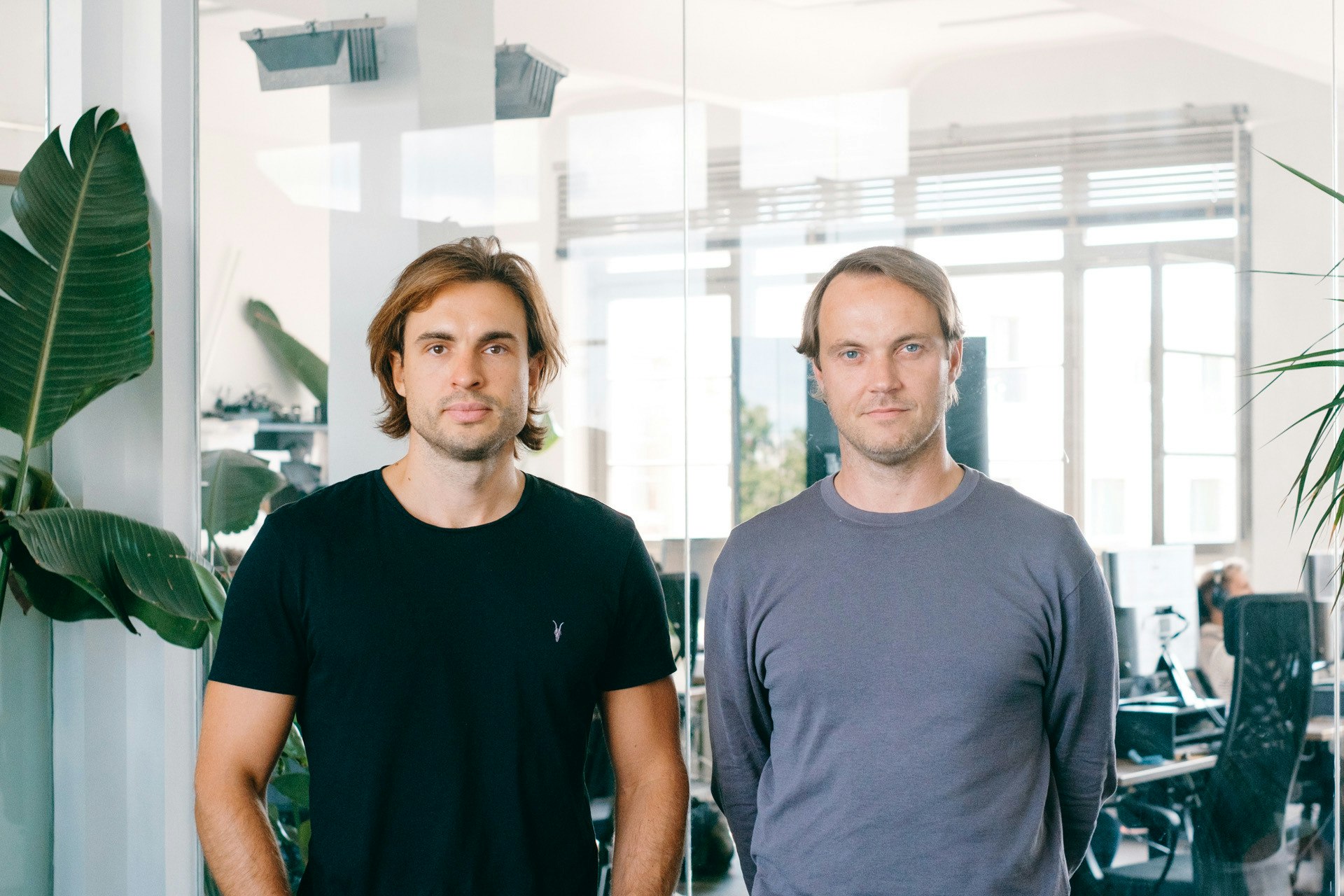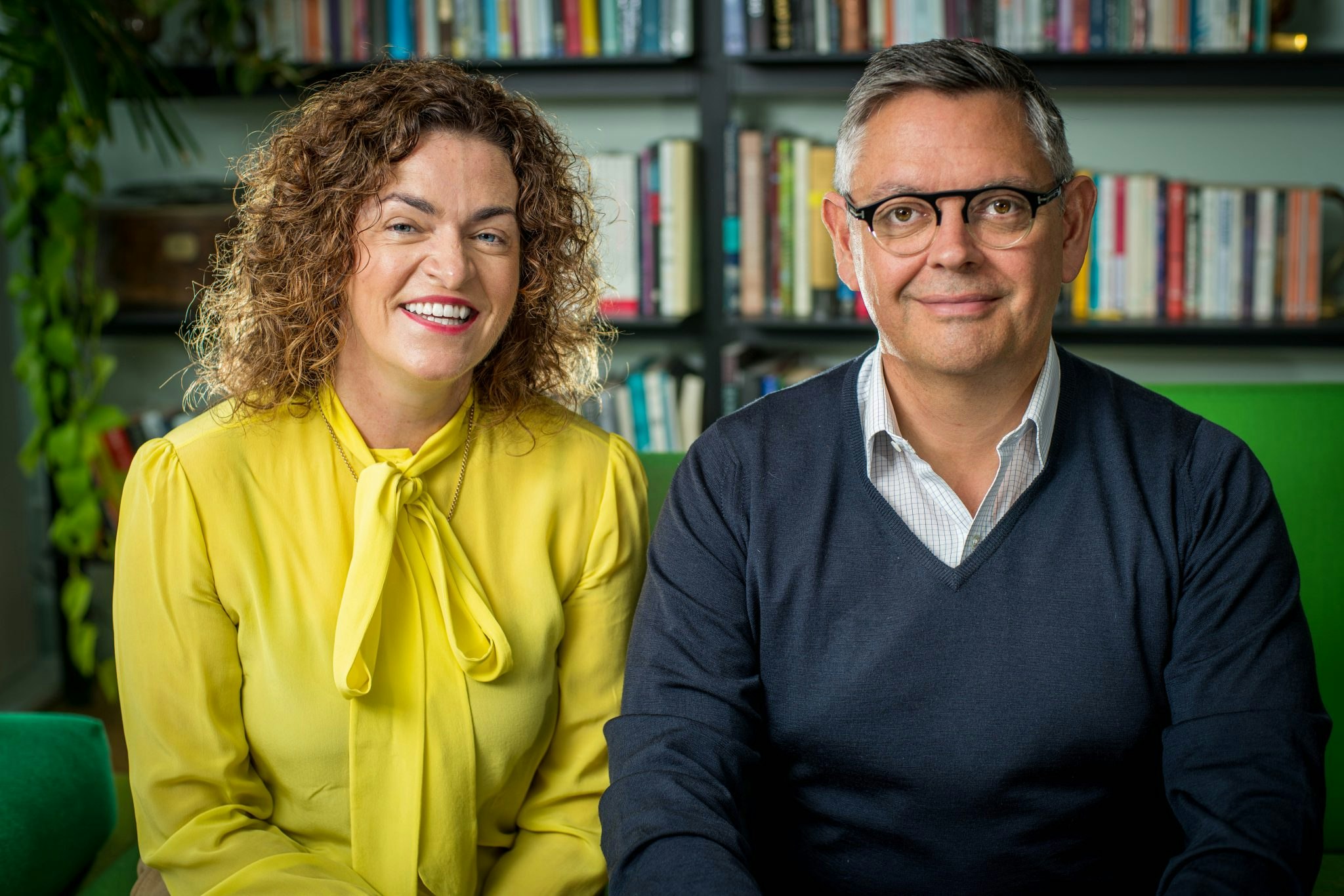Berlin-based DUDE CHEM, which supplies sustainably-produced chemicals to the pharmaceutical industry, has raised €6.5m.
The startup says it can reduce the cost of chemical manufacturing by 30%, and make the process more environmentally friendly.
Pharma produces 55% more emissions than the automotive industry, but DUDE CHEM’s patented chemical manufacturing processes can reduce drug development’s CO2 emissions by up to 40% and the waste it creates by up to 70%, says founder and CEO Sonja Jost.
The seed round co-led by Vorwerk Ventures and b2venture, with participation from Frontline, Borski Fund, Auxxo, and Push Ventures.
How it works
Founded in 2021, DUDE CHEM supplies pharmaceutical companies with the chemicals they use to make drugs. While it doesn’t produce the chemicals itself, the startup commissions manufacturers to make them using the patented processes it has developed in-house.
It currently has two patents for the manufacturing of complex chemicals. One is for an innovation that removes the need for using oil in part of the production process, replacing it with water, while the other takes the use of a metal catalyst out of the equation.
DUDE CHEM also has two other patent applications underway.
Jost says the startup's IP can be used to produce roughly 70-80% of the molecules used by pharmaceutical companies.
The startup is currently working with three customers, a pharmaceutical company, a chemical distributor and a company that produces generic drugs — medicines that are copied once patents have expired. Jost says she can’t share the specifics of the chemicals DUDE CHEM is making for those customers due to confidentiality agreements.
Chemical sovereignty
For “decades” the manufacture of chemicals for medicine has been outsourced to countries like India and China (Europe only produces 25% of its own drugs) where production has typically been cheaper, says Jost.
That can become a problem during times of crisis — like when India halted medicine exports during the Covid pandemic, she tells Sifted.
But DUDE CHEM is able to work with European manufacturers to drive lower production prices, Jost adds.
Using a combination of machine learning, AI models and quantum chemical simulations, the startup has developed chemical manufacturing processes that cost around 30% less than traditional methods, according to Jost. DUDE CHEM also hopes to subcontract to US manufacturers in the near future.
Moving chemical production back to Europe and the US could also go some way to shoring up medical supply chains in the face of rising geopolitical tensions, says Jost. “We need to make sure that we have a certain level of independence in critical areas,” says Jost. “We don’t currently have that in health.”
The rise of green pharma
DUDE CHEM is hoping to capitalise on the growing green chemicals market, which is predicted to nearly triple in value to $274bn by 2032. While that barely scratches the surface of the $4tn chemical market overall, sentiment among pharma is shifting, says Jost.
Historically, there’s been a perception in the industry that sustainability means higher costs and the main concern has “never been to produce a chemical in the most sustainable way”, Jost tells Sifted. Now, green chemistry is taught at universities like University of Technology Berlin and industry stakeholders are beginning to take notice, she adds.
The seed round follows a €2.7m pre-seed, which it raised in December 2021 from Frontline Ventures, Octopus Ventures and Auxxo.
DUDE CHEM plans to use the fresh funding to scale the production of a chemical with one of its customers. Its headcount currently stands at 17 and Jost is targeting 30 by 2025.
The startup also hopes to expand from pharma chemical production into other chemical market segments, like food and cosmetics, by 2026.


